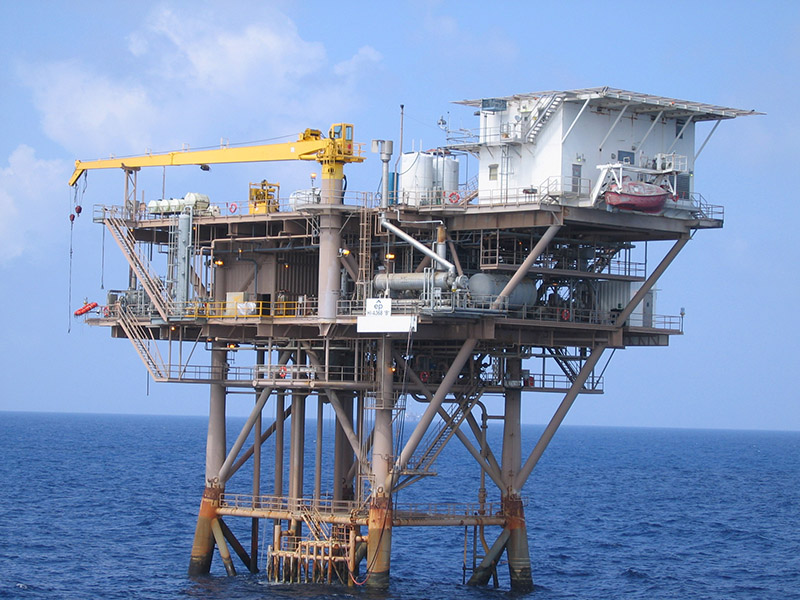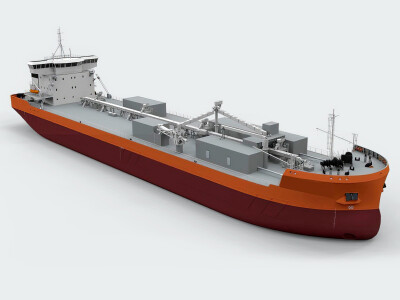Taking an offshore oil well out of commission can be costly and complex. Plugging and abandonment operations can run into the tens of millions of dollars, and if disputes arise while handling such activities in a joint venture, the price tag can rise even more.
That’s essentially what happened when three wells in the Mississippi Canyon area of the Gulf of Mexico needed to be shut down. Two companies had entered into a joint operating agreement (JOA) for the operation of the wells in 1999. One was the designated operator and the other the non-operator.
The two companies were not able to agree on how P&A operations would be conducted. A central dispute involved the selection of vessels to be used for the operation. The designated operator originally chose a single vessel to do the work. Subsequently, it proposed replacing it with two other vessels. The reason for the switch was a matter of debate. The designated operator argued that the original vessel was not a safe option after the Deepwater Horizon spill, and that government regulators would not have approved it for P&A work.
The non-operator argued that the reason for the switch was because the two replacement vessels had been contracted to perform new drilling operations by the designated operator. However, that project was abandoned. The non-operator argued that the costs for those two vessels was piling up at about $1 million a day.
The two companies were at an impasse, after which the designated operator proceeded with the work. The P&A operations were completed in February 2015 at a cost of slightly over $139 million. The designated operator had a 51% interest in the wells while the non-operator had a 49% interest. The designated operator billed the non-operator 49% of that $139 million, or approximately $68.6 million.
In response, the non-operator partially paid $24.9 million, arguing that the operator’s “insistence on using a drilling rig unnecessarily and unreasonably increased the costs of this work,” and determined that it was not obligated to pay the full billed amount because it had not approved the expenditures.
The lower court ruled in favor of the designated operator for the full amount, awarding it $43.2 million, and the appeals court upheld the award.





